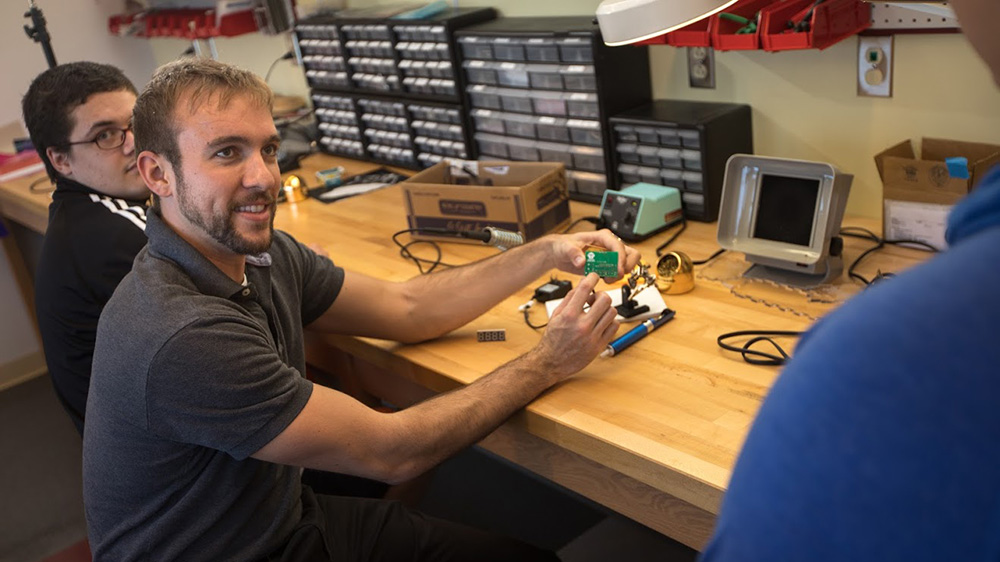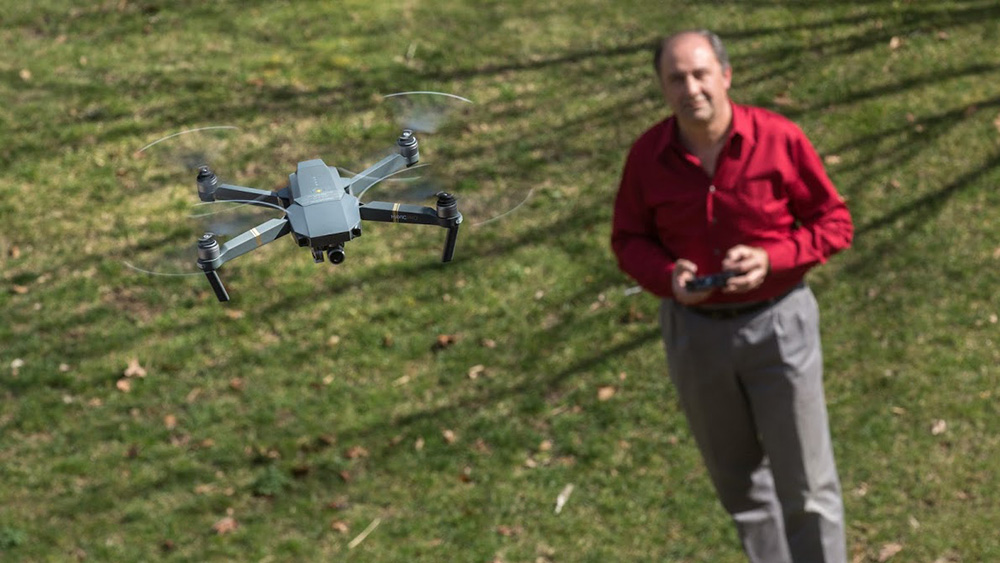Science and Technology Multidisciplinary Studies
Enjoy greater job security and career flexibility with a multidisciplinary degree.
Take advantage of one of PennWest California's most flexible degrees. A bachelor's degree in science and technology multidisciplinary studies enables you to customize your own program of study to your personal/professional interests, as well as employer needs and occupational employment projections.
Designed as a degree-completion program, this bachelor's degree focuses on essential and immediately applicable STEM (science, technology, engineering and math) disciplines. You'll graduate with a unique and adaptable multidisciplinary skill set that will meet the demands of current business, industry, government, education/training development and technology.
Mix and match courses from a variety of technical areas:
- Electrical engineering technology.
- Computer engineering technology.
- Mechatronics engineering technology.
- Robotics engineering technology.
- Industrial technology.
- Graphics and multimedia.
- Technology management and more!



